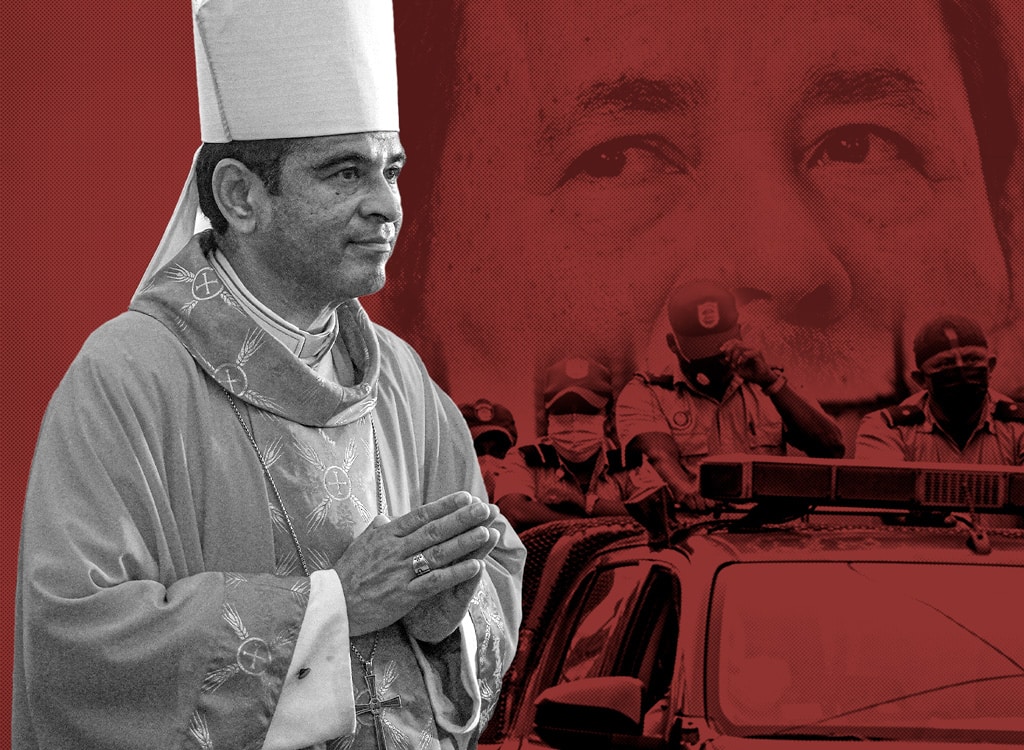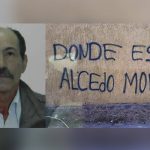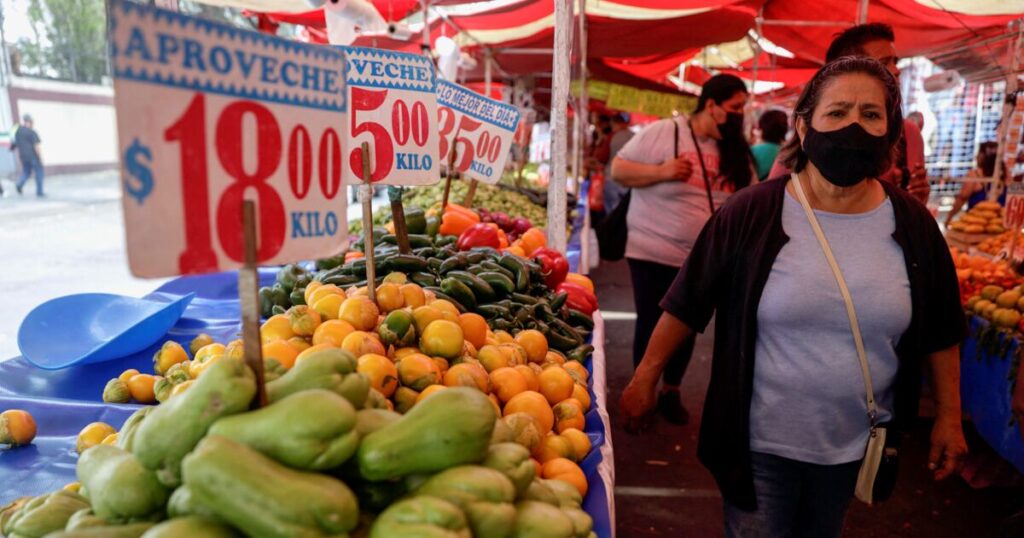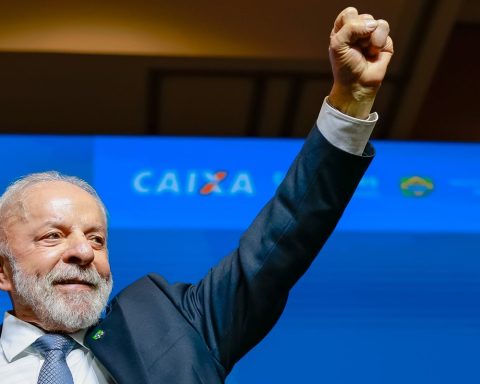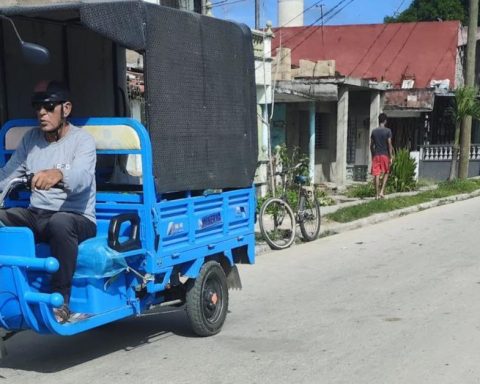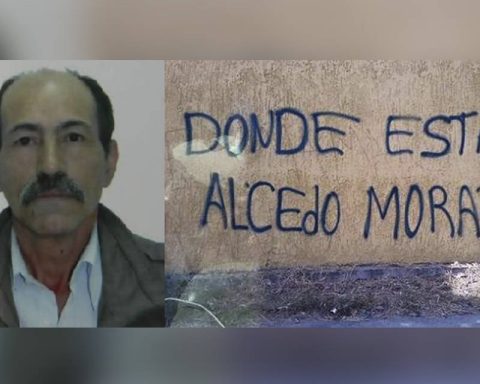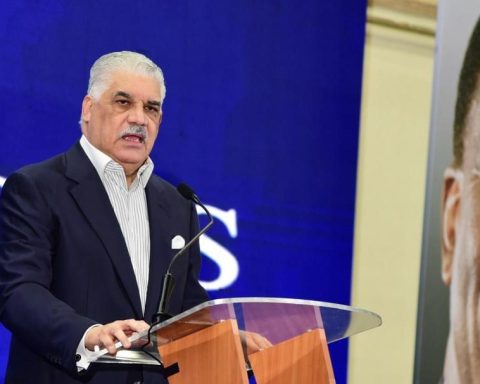After 48 hours of the Pope Francisco expressed his “concern” about the persecution of the Catholic Church in Nicaragua and urged “an open and sincere dialogue”, the regime of Daniel Ortega and Rosario Murillo has not commented on the issue, so analysts say that “there is no interest” genuine to fix things.
Pope Francis’ message was given in response to the call of the international community, at a time when the Ortega-Murillo regime maintains kidnapped the bishop of Matagalpa, Rolando José Álvarez, seven priests and two seminarians; to request the cessation of the repressive escalation against the Church. But his words have not been echoed by the authorities of the regime.
“I follow the situation in Nicaragua with concern and pain. I would like to express my conviction and my hope that, through an open and sincere dialogue, the foundations for a respectful and peaceful coexistence can continue to be found”, said the pontiff at the time of the Angelus last Sunday, August 21.
However, this Monday, August 22 and Tuesday, August 23, neither the Vice President, Rosario Murillo, in her midday monologues, nor the Foreign Minister, Denis Moncada, who attended an activity of the Central American Integration System (SICA) in El Salvador on Monday. , referred to the Pope’s message. Ortega, for his part, has not appeared in public since last August 16.
Regime has no “will” to dialogue
For the human rights defender, Martha Patricia Molina, who has studied the attacks on the Church in the last four years, the regime’s silence shows that “it has never” had “willingness to dialogue in a transparent manner”.
“Nicaragua is a criminal state led by a sick family of power that violates human rights on a daily basis and has never shown the will to dialogue in a transparent manner. Ortega will only negotiate with peers, that is, with criminals, “said the lawyer.
Molina also emphasized that Pope Francis’ call for dialogue is positive, but it should be appreciated that he speaks in his capacity as a pastor and “that does not mean that we should move away from reparation and justice” for the victims of the regime.
Sociologist Humberto Belli also stated on Sunday, hours after Francisco’s statement, that the Church has put “the ball in the court” of Ortega and Murillo. Although he appreciated that Francisco’s message lacked “grit”, he also has something “positive”.
“The positive part that I see is that, by calling for dialogue —which the Pope cannot stop doing, nor can anyone renounce it, would at least ideally be the solution to most of the crisis—, he is putting the ball on the court to the Government. The Church is now officially calling for dialogue. She now it’s up to the Government to give an initiative. Well, I’m going to release the prisoners as an expression of dialogue, I’m going to create a new dialogue table, I’m going to get some representatives of the opposition (from prison) to talk to them,” said Belli.
“If the government remains silent, it is rejecting dialogue and, if it opens the doors insufficiently, the same. I see positive that the Pope expressed concern. It is a term that our bishops have not used,” continued Belli during an interview on the program This week.
Diocesan clergy of Estelí points to the regime
Meanwhile, this Tuesday the clergy of the Diocese of Estelí, which brings together the parishes of the departments of Estelí, Madriz and Nueva Segovia, spoke out against the repression of the Ortega and Murillo regime, which persecutes and criminalizes prophetic work of the Nicaraguan Catholic Church.
In a letter addressed to the Government, the clergy points out that the regime is responsible for “creating anxiety and disorder in this country”, and not the Church, much less the Bishop of Matagalpa and Apostolic Administrator of Estelí, Monsignor Rolando Álvarez, who he is allegedly being investigated for “organizing violent groups to destabilize the State.”
“What do they want? What are they doing? We call on you to convert and to stop bothering our lives, let us work in peace! Release the bishop, the priests and the laity and the Lord will have mercy on you, if you convert from the heart”, cites the letter from the diocesan clergy of Estelí.
The statement condemns the persecution against priests in recent months, such as the case of the siege against Father Harving Padilla in Masaya, and the priest Uriel Vallejos in Sébaco, the other imprisoned religious: Óscar Benavidez, Manuel Salvador García, and Monsignor Leonardo Urbina.
In addition, they question the closure of non-profit non-governmental organizations that are part of the pastoral and social work of the church, such as the Father Fabretto family, Cáritas de Estelí, and the expulsion from the country of the missionary sisters of charity of the order Mother Teresa of Calcutta.
